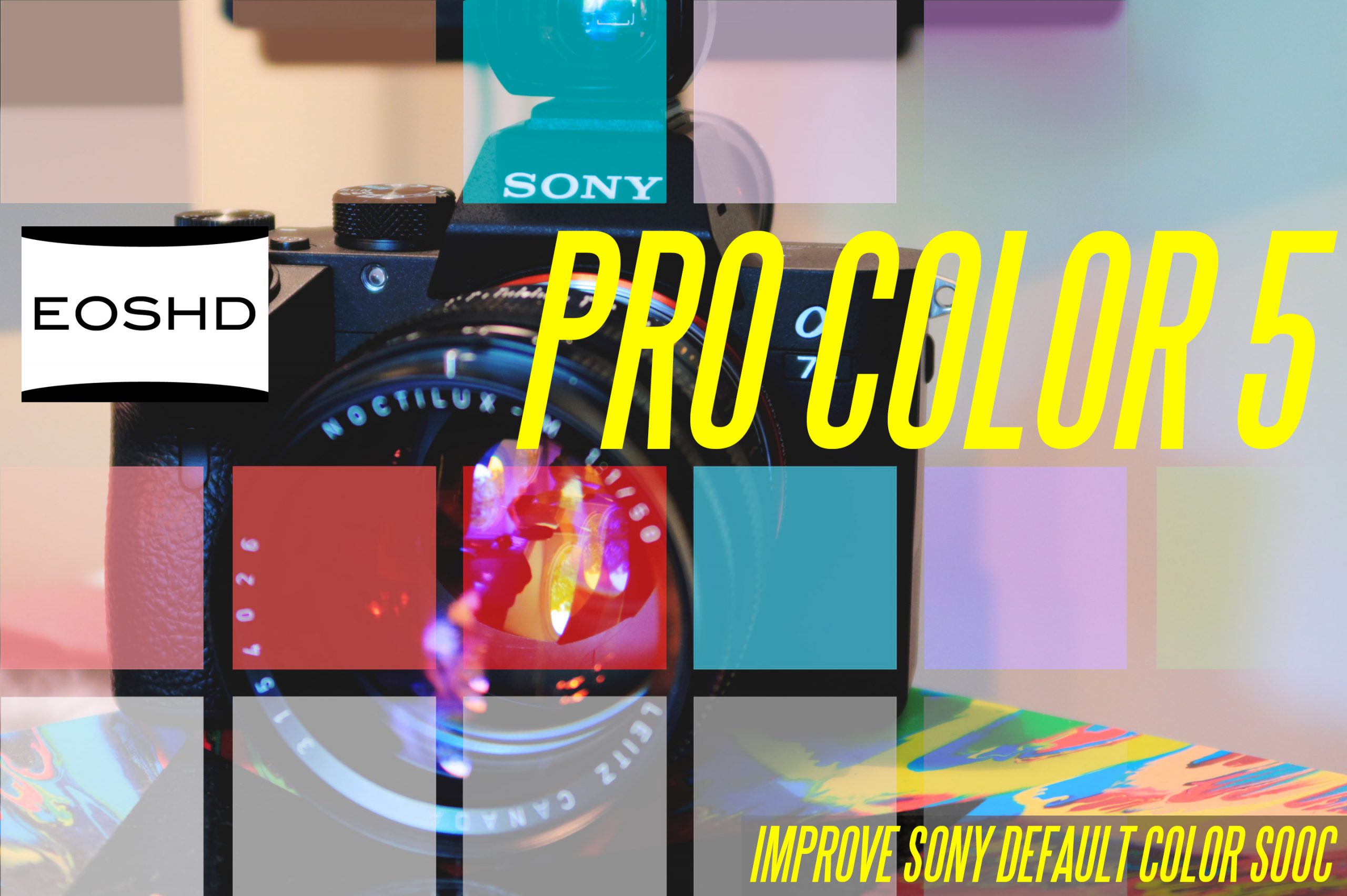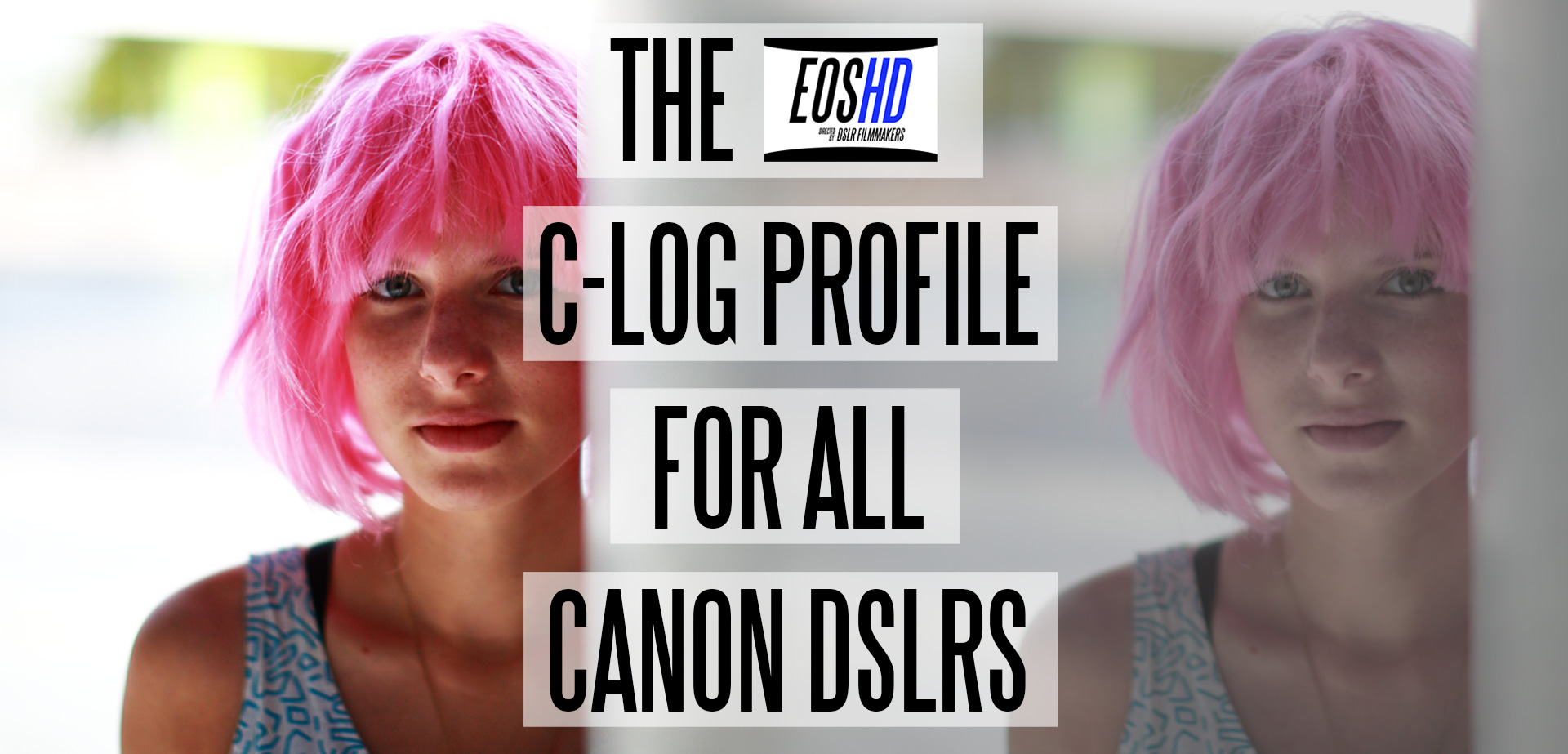Comment on the forum There are 3 performance classes of Canon camera for raw video. Which should you use and what image quality can you expect?
Browsing: 7d
[youtube]http://www.youtube.com/watch?v=IcBEG-g5cJg[/youtube] Magic Lantern just turned your 5D Mark III into a desktop computer. The cameras (running ARM processor and up to 512MB of RAM) are seen in this video booting into the Linux kernel, version 3.19. The development paves the way for third party apps to run on the camera and to control all functions of the device.
[vimeo]http://vimeo.com/88826657[/vimeo] In my opinion the Canon 7D is currently the best budget solution for shooting raw video. There’s plenty of used bodies going for $750 on eBay here – and that is practically a steal for 14bit raw video from a Super 35mm sized sensor… Stills camera is a mere bonus! So to the big question – does the Mosaic Engineering VAF-7D filter completely cure the 7D’s raw video of…
[vimeo]http://vimeo.com/77268402[/vimeo] 68GB worth of material was used to get a studio based test this finely tuned, with the cameras matched in post as close as possible. This effort to remove the variables of grading and camera settings leaves behind a truer picture of the differences in hardware capabilities. The 5D Mark III raw (from Magic Lantern), if it were a film stock, would be Fuji. Warm vivid colours which may…
[vimeo]http://vimeo.com/72605257[/vimeo] Magic Lantern’s raw recording module for the 7D is a perfect illustration of why colour depth and dynamic range are more important than resolution. It’s also a huge step up for Canon APS-C video shooters and free.
Download and install Arkanoid from Magic Lantern Here, finally, is Canon’s answer to Angry Birds.
The dual-CPU Canon 7D is one step closer to the tantalising prospect of raw video. A1ex of Magic Lantern has found the raw image buffers. Silent pictures are working. Further work is required to port the raw video module.
https://vimeo.com/59832019 UPDATE: The HDMI output on this camera is uncompressed 4:2:2, for a leap in image quality over the internal 24Mbit codec! Check the forum for my ProRes noise grain sample shots The Nikon D5200 is the best mid-range Nikon yet for video. What is more of a surprise is the relish in which it takes on the much more expensive 5D Mark III, Panasonic GH3 and Nikon’s own flagship…


